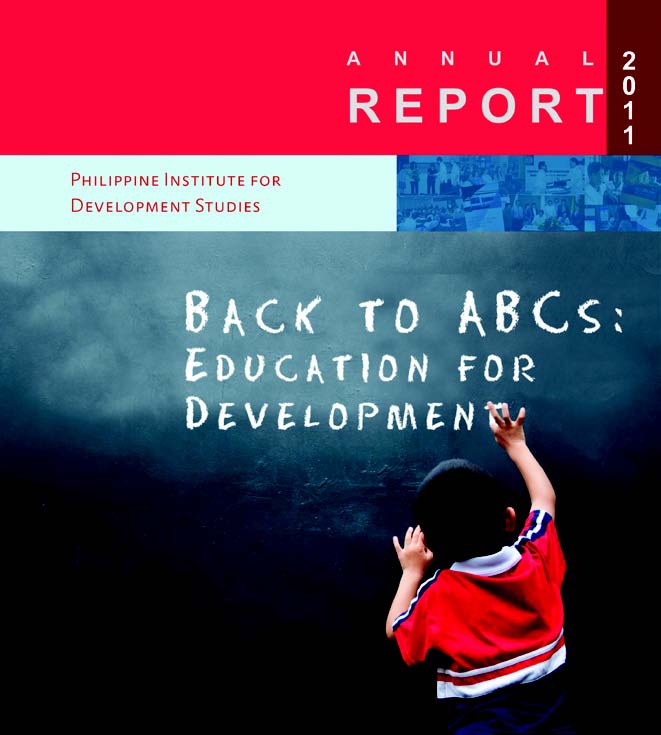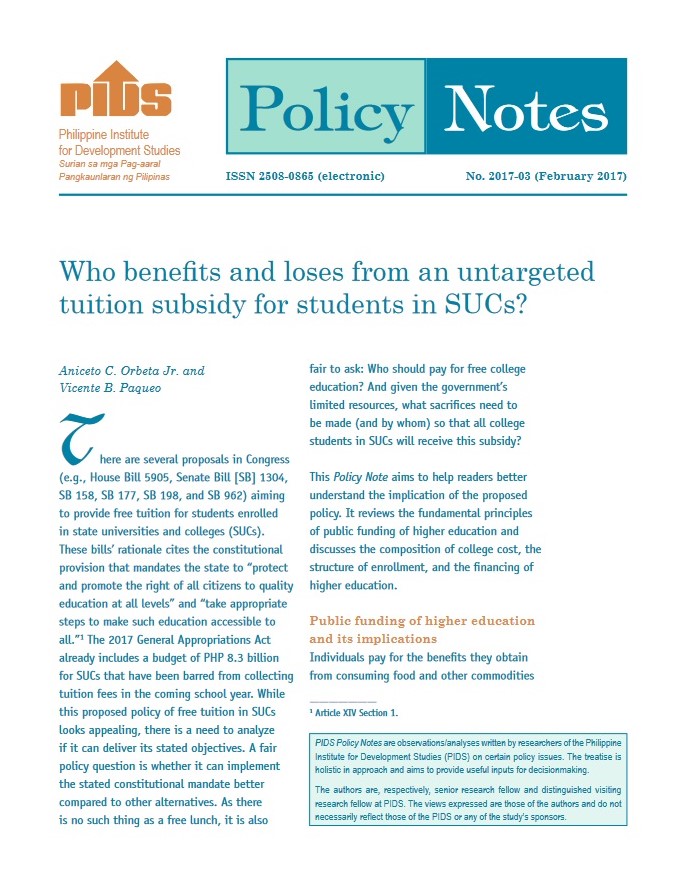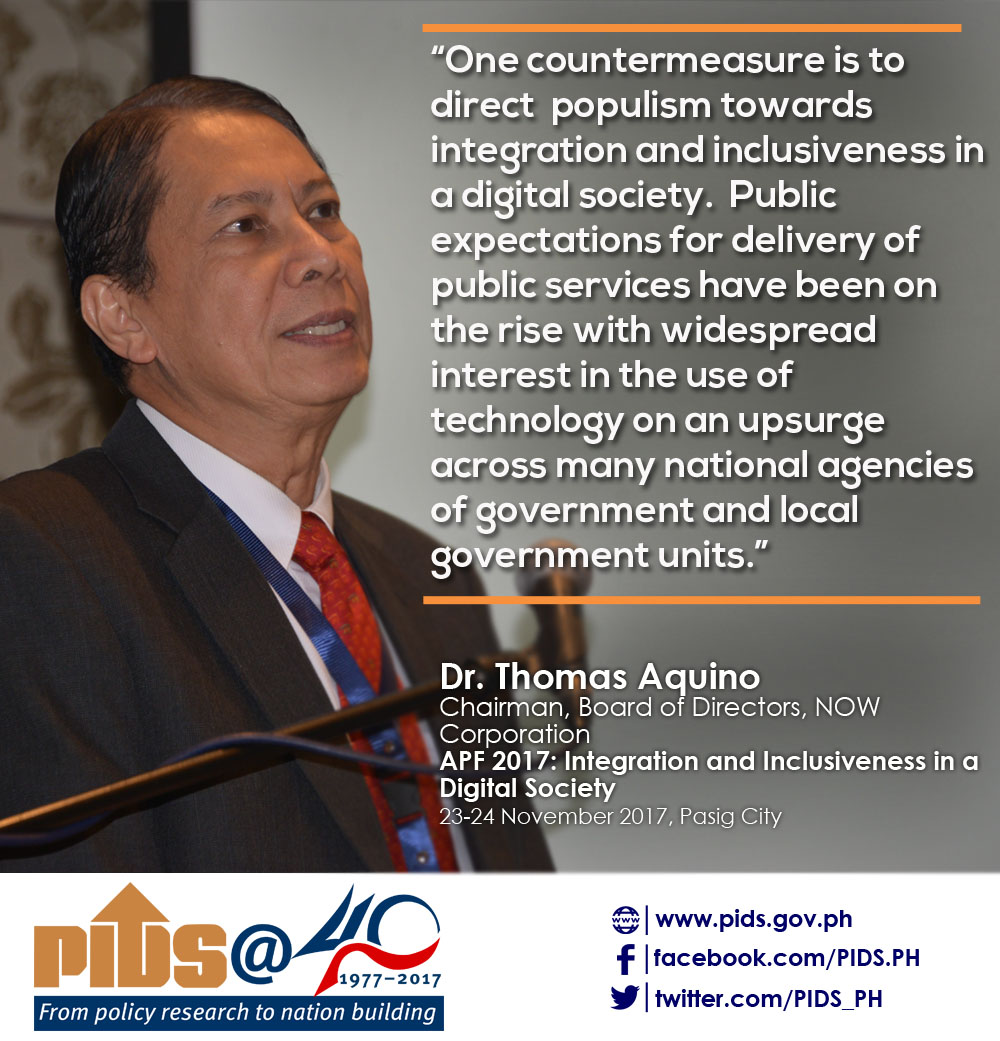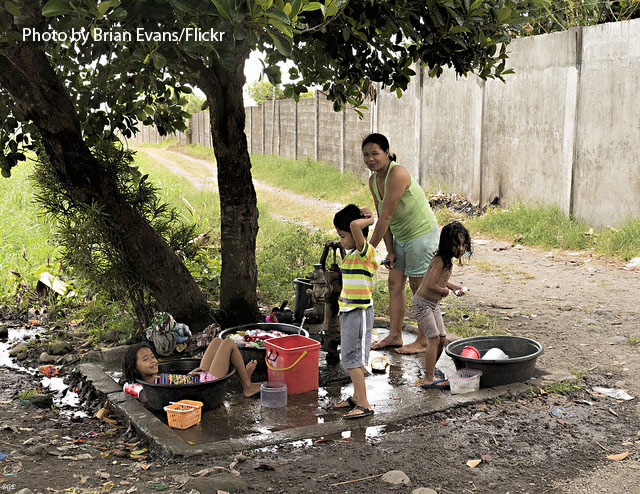A group of economists is backing a House proposal for the condonation of agrarian reform beneficiary (ARB) loans.
Albay Rep. Joey S. Salceda, co-chairman of the House economic cluster, said four of the country’s leading economists on agricultural and industry development have signed a statement of support for his proposal for the condonation of LandBank loans of ARBs, and the lifting of liens on ARB lands used as collateral for these loans.
In a letter signed July 27, 2020, National Scientist for Economics Raul Fabella, Agricultural Economist Rolando Dy of the University of Asia and the Pacific, Calixto Chikiamco, president of the Foundation for Economic Freedom, and Dr. Roehlano Briones of the Philippine Institute for Development Studies (PIDS), said that “based on our analysis and studies, condonation of the debt amortizations is an economic stimulus, social justice, and agriculture-productivity enhancing measure.”
Under the Salceda economic stimulus proposal, some P58.62 billion in non-performing ARB loans, covering the liens for some 1.228 million hectares of land and some 682,000 ARBs, will be condoned so that farmers can start from a clean slate and borrow capital during the pandemic.
It also intends to release collateralized land from their liens so that ARB lands could be used more efficiently and under more relevant tenure agreements.
“In the House’s stimulus package, I have pushed for the condonation of P58.62-billion non-performing agrarian reform loans, which would free up some 1.228 million hectares of land for disposition and collateral, and which would benefit some 682,000 agrarian reform beneficiaries,” Salceda, an economist himself, added.
Moreover, the agri-industry economists said debt condonation will constitute the “Big Bang” of agricultural reform as it will enable farmer beneficiaries to invest more on their land or rent it to more successful farmers with modern agricultural practices. It will start the process by which the country can attain food security and stable food inflation.”
“It’s an economic stimulus measure because freed from the obligation to service the debt, farmer beneficiaries will spend to increase the productivity of their land. Debt condonation is most appropriate at this time when there’s a demand shock from income shortfalls,” the signatories said.
“It’s a social justice measure because the original debt didn’t consider the degradation of the value of the land due to the restrictions imposed by the Comprehensive Agrarian Reform Law. It’s a productivity enhancing measure because condonation will allow farmer beneficiaries to invest in land improvements or transfer the use of the land to more productive farmers, or engage in better contractual arrangements,” the signatories added.
As much as 75 percent of farmer beneficiaries have been unable to pay their debt amortizations due to the fragmentation of lands under the Comprehensive Agrarian Reform Program, they said.
“There will be no significant effect on the government’s cash flow, except for about P800 million that’s presently being collected by LandBank annually, which can be considered as part of the government’s stimulus measures. The overall gain in productivity, incomes, and employment will certainly be more than the foregone P800 million,” the signatories said.
“Furthermore, the authorities may consider reverse mortgages for those who had paid for debt amortizations. There’s precedent for the government condoning the debt of farmers. The Free Irrigation Act condoned the past due obligations of farmers in the payment of irrigation fees and freed communal irrigation systems from their encumbrance,” the signatories added.
Albay Rep. Joey S. Salceda, co-chairman of the House economic cluster, said four of the country’s leading economists on agricultural and industry development have signed a statement of support for his proposal for the condonation of LandBank loans of ARBs, and the lifting of liens on ARB lands used as collateral for these loans.
In a letter signed July 27, 2020, National Scientist for Economics Raul Fabella, Agricultural Economist Rolando Dy of the University of Asia and the Pacific, Calixto Chikiamco, president of the Foundation for Economic Freedom, and Dr. Roehlano Briones of the Philippine Institute for Development Studies (PIDS), said that “based on our analysis and studies, condonation of the debt amortizations is an economic stimulus, social justice, and agriculture-productivity enhancing measure.”
Under the Salceda economic stimulus proposal, some P58.62 billion in non-performing ARB loans, covering the liens for some 1.228 million hectares of land and some 682,000 ARBs, will be condoned so that farmers can start from a clean slate and borrow capital during the pandemic.
It also intends to release collateralized land from their liens so that ARB lands could be used more efficiently and under more relevant tenure agreements.
“In the House’s stimulus package, I have pushed for the condonation of P58.62-billion non-performing agrarian reform loans, which would free up some 1.228 million hectares of land for disposition and collateral, and which would benefit some 682,000 agrarian reform beneficiaries,” Salceda, an economist himself, added.
Moreover, the agri-industry economists said debt condonation will constitute the “Big Bang” of agricultural reform as it will enable farmer beneficiaries to invest more on their land or rent it to more successful farmers with modern agricultural practices. It will start the process by which the country can attain food security and stable food inflation.”
“It’s an economic stimulus measure because freed from the obligation to service the debt, farmer beneficiaries will spend to increase the productivity of their land. Debt condonation is most appropriate at this time when there’s a demand shock from income shortfalls,” the signatories said.
“It’s a social justice measure because the original debt didn’t consider the degradation of the value of the land due to the restrictions imposed by the Comprehensive Agrarian Reform Law. It’s a productivity enhancing measure because condonation will allow farmer beneficiaries to invest in land improvements or transfer the use of the land to more productive farmers, or engage in better contractual arrangements,” the signatories added.
As much as 75 percent of farmer beneficiaries have been unable to pay their debt amortizations due to the fragmentation of lands under the Comprehensive Agrarian Reform Program, they said.
“There will be no significant effect on the government’s cash flow, except for about P800 million that’s presently being collected by LandBank annually, which can be considered as part of the government’s stimulus measures. The overall gain in productivity, incomes, and employment will certainly be more than the foregone P800 million,” the signatories said.
“Furthermore, the authorities may consider reverse mortgages for those who had paid for debt amortizations. There’s precedent for the government condoning the debt of farmers. The Free Irrigation Act condoned the past due obligations of farmers in the payment of irrigation fees and freed communal irrigation systems from their encumbrance,” the signatories added.






